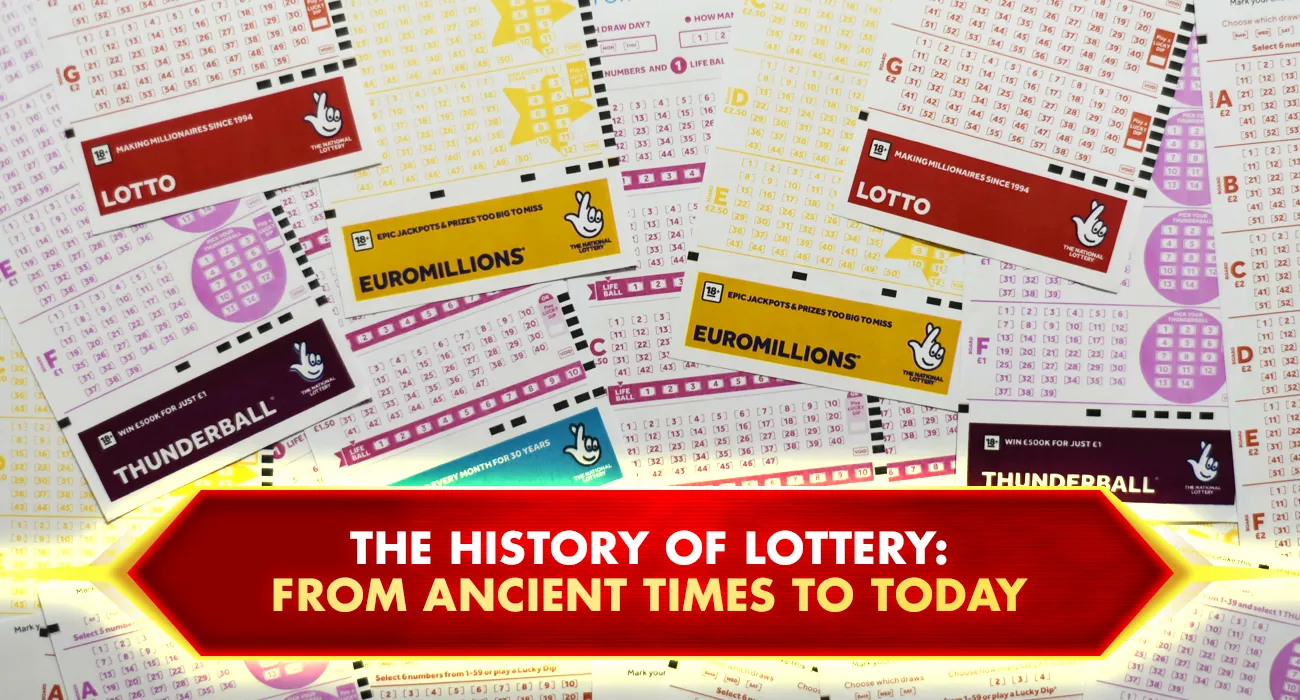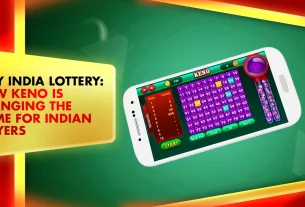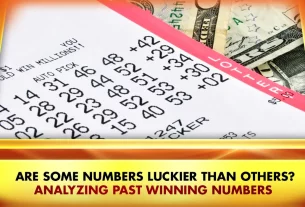Lottery Games which started thousands of years ago, transformed within time and culture to become the widespread phenomenon with which people are familiar today. From ancient first telling in civilizations to modern presence in India and other places, the lottery has relentlessly attracted people over the years by promising them fortune and chance.
Ancient Origins of the Lottery Games
The first evidence of recorded lotteries dates back to China in the Han Dynasty, between 205 BC and 187 BC. A form of lottery games were used to fund the government’s great projects, including the construction of the Great Wall of China. A primitive lottery called “keno” was used to finance the empire and reward the citizens with opportunities to win. The fundamental principle of picking a number and then hoping that that number will be drawn remains at the backbone of most lotteries today.
Ancient Rome also drew lots, though often as entertainment at lavish functions. Roman emperors even sponsored lotteries where lucky winners could win slaves and property at public functions. Augustus Caesar is also said to have initiated the first recorded lottery to raise funds for rebuilding the city of Rome. These early lotteries were for entertainment as well as civic betterment.
The Lottery Games in Medieval and Renaissance Europe
By the 15th century, lotteries spread throughout Europe. They were most commonly held in the Low Countries (the countries that now comprise Belgium, Netherlands, and Luxembourg) to raise funds for public projects, such as fortifying town defenses or financing local charities. The town of L’Ecluse held a lottery in 1445 to raise funds to build city defenses, and according to records, tickets were sold for valuable prizes such as textiles and money.
Lotteries gained immense popularity in Italy during the Renaissance, as cities such as Florence began holding drawings to support the state’s coffers. The concept was transferred to France, England, and other nations in Europe, where lotteries became a fundamental source of generating funds for public projects. The first government lottery in England was initiated by Queen Elizabeth I in 1567 to raise funds for harbor repairs and to improve national defenses.
The Lottery Games in Modern Time
Lotteries proved very popular in centuries past. They were found all over the United States to raise money for new colonies. They funded projects such as road and bridge construction, schools, and some of America’s most esteemed universities, such as Harvard, Yale, and Princeton.
In modern times, lotteries have become an international industry, with millions of games being played by state and national lotteries around the globe. With the advent of technology, lotteries have transformed because playing and participating are no longer difficult due to online forums. India Lottery turned out to be a widely popular avenue in India for winning big and simultaneously creating revenues for the government. Playing the lottery in India and other national and international lotteries has become a breeze on platforms such as Khelraja.
Lottery Games of Today: An International Business
Lottery games today support both entertainment and government and charity groups as much-needed revenues in nearly every country. In India, for instance, lotteries are categorized under governed entities, and transparency and fairness are involved. In contrast, the funds raised for such schemes, for the most part, go into education, infrastructure, and healthcare.
The lottery has evolved with time, but its fundamental appeal will always remain the same: the fantasy of turning an infinitesimal wager into a fabulous sum that can change one’s life forever. Whether it is keno, an ancient Chinese game, or an India Lottery, the lottery will continue to captivate and inspire hope among millions of players.
Also read: The Most Unusual Lottery Games Around the World in 2025






